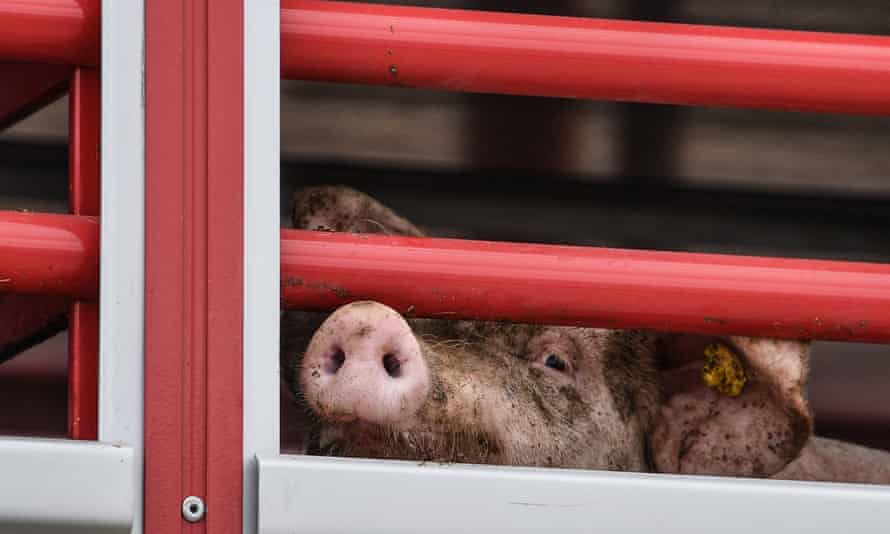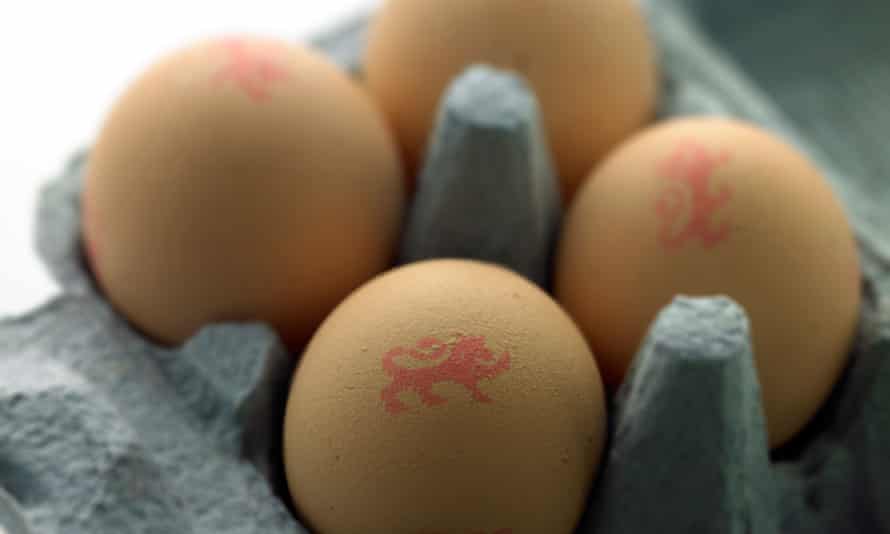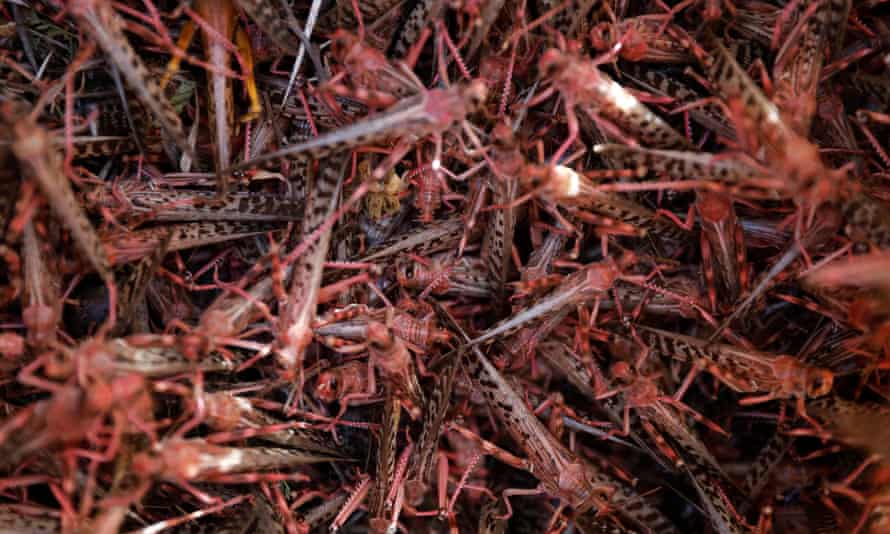News from around the world
While Europe is shutting down its mink industry in reaction to Covid outbreaks, Chinese producers could benefit from higher market prices. Before the culls, China was the second biggest producer of mink fur behind Denmark, with an estimated $50bn (GBP36bn) a year in sales in China alone. China has not reported coronavirus infections on any of its mink farms, but information about the country’s mink industry is reportedly limited.
An H5N8 strain of bird flu has been detected in humans for the first time, among seven workers who were infected at a Russian poultry plant in December. There is, as yet, no evidence of the strain being transmitted between humans. Russia is considering importing more poultry from Brazil after being hit badly by bird flu outbreaks.
More than half a million pigs have been culled in Russia after an outbreak of the deadly pig disease African swine fever (ASF). Germany is unlikely to be able to eradicate the disease due to migrating wild boars from Poland, say experts. Meanwhile in China, new outbreaks and mutations of the virus are being reported. There have also been concerns over the illegal trade and production of fake ASF vaccines.

France’s largest bank, BNP Paribas, has pledged to stop financing firms producing or buying either beef or soya beans cultivated on land in the Amazon cleared or converted after 2008. It comes after the French president, Emmanuel Macron, said Europe should grow its own soy to avoid Amazon deforestation. French supermarket chain Casino is also being sued by indigenous groups from the Amazon, for allegedly selling beef linked to deforestation. Casino told news agencies that it took a “rigorous” approach to its supply chains.
Canadian farmers have been advised to stop feeding palm oil to cows after claims it caused butter to become harder. Farmers are reported to have increased their use of palm oil supplements to boost dairy supply.
News from the UK
Animal feed company ABN is banking on a boom in pig and poultry production in the UK as it announced plans to develop a new “super mill” capable of producing 1m tonnes of feed a year. The plant is likely to be built in east England.
Morrisons supermarket expects to be able to start selling what it refers to as “net zero carbon” eggs by 2023 and net zero carbon beef by 2025. It then plans to be the first supermarket to be completely supplied by net zero farms by 2030.

Fish welfare is being ignored by UK legislation on animal welfare, claims a new report. It comes as the Co-op and Waitrose suspended supplies of salmon from a Scottish company after alleged welfare breaches, including leaving fish to suffocate on the floor. The large quantities of wild fish caught for use as feed by Scotland’s farmed salmon industry has also been criticised by a report urging a shift to alternatives – such as farmed mussels.
Plans to build a rabbit meat farm in Cornwall are being opposed by local people over the potential effect on wildlife, pollution concerns and the visual impact of buildings on the landscape. The person behind the farm told reporters that demand for rabbit meat in the UK could grow with better availability and that the buildings would blend into the landscape.
Welsh farmers have criticised a decision to bring in tough new rules on the use of slurry and fertiliser on farmland. The Welsh government’s move to make the whole of Wales a nitrate vulnerable zone (NVZ) will make smaller farms unviable, it has been claimed, and they should be supported to upgrade and increase slurry storage.
Former students at one of the UK’s leading agricultural universities have spoken out about allegations of vegan and vegetarian students being bullied. A spokesperson for Harper Adams said it had written to all students and staff to remind them of their duty to encourage respect and to report unacceptable behaviour should they experience, witness or hear about it.
From the Animals farmed series
The Animals farmed team led the way in first reporting concerns around more than 2,500 cattle stranded at sea since December. The calves on two livestock ships were refused entry to multiple countries after suspected outbreaks of the bovine disease bluetongue. One of the ships has returned to Spain and its cattle are being put down by Spanish authorities, despite the objection of the ship’s manager, who still hoped to sell the animals. The second vessel remains at sea, although at least 35 of its animals may have died.
Ireland plans to fly dairy calves to other EU destinations from May, in an effort to address growing unease about the length of the journeys made by thousands of animals shipped each year to mainland Europe.
Meat plant workers who were injured and displaced after a fatal accident in the US last month are alleged to have been intimidated and offered limited medical care. A spokesperson for the company rejected the claims.

Chickens are “dying like flies” in their millions while being transported from farms to abattoirs because of poorly ventilated lorries, a whistleblower has told the Guardian.
Undercover footage at a French farm appears to show pigs in conditions that continue to breach regulations following allegations of abuse in December. The farm indirectly supplies most major UK supermarkets.
Finally, three of the biggest US grocery chains sell Brazilian beef produced by a controversial meat company linked to the destruction of the Amazon rainforest, an Animals farmed investigation has revealed.
Share your stories
We want to hear from you about your experiences and stories from inside the farming industry. Please get in touch. You can contact us at: animalsfarmed@theguardian.com.
If you want to receive this Animals farmed monthly update via email, you can sign up here to get a roundup of the best farming and food stories across the world and keep up with our investigations.